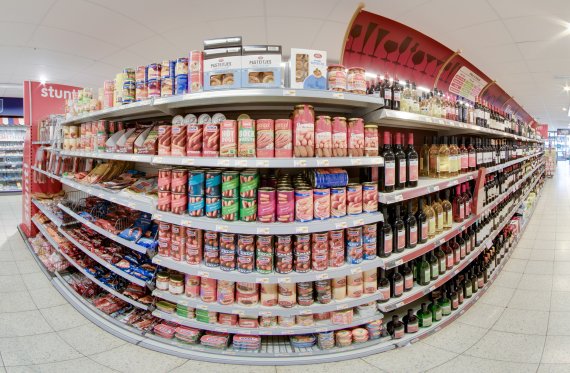Text: Marieke Enter
Consumers base their choices to a large extent on those of other people. This is known as social proof and it explains why webshops and booking sites explicitly mention which product is the most popular, or that ‘this type of room has been booked 3x in the last 24 hours’.
But why do we actually pay attention to other people’s purchases, and why are they such an important factor for people? ‘We can distinguish two schools of thought in the literature,’ says Consumer Behaviour researcher Goedgebure. ‘One says the importance lies in the priority we give to quality: if a lot of people have bought an item, it must be good. The other approach explains it more from a social perspective: if you buy the same things other people buy, you can count on the approval of those around you.’
Goedgebure tested these assumptions using an MRI scanner and a small army of test subjects who were asked to evaluate popular products. If they were asked about the assumed quality of the product, different regions of the brain became active than when they were asked to evaluate the social value of a possible purchase. ‘ So we now know for sure that two different ‘brain routes’ do indeed exist, which explain why we buy the same things other people buy,’ says the PhD researcher. ‘We also concluded that social proof played the biggest role when it came to food because we want evidence of its quality.’
Armed with these insights, Goedgebure set up a virtual supermarket with photos taken for the occasion in the EmTee supermarket in Ede. He researched three products: Chocolate milk, cheese and frankfurters. In all three cases, adding a sign saying ‘most popular’ to the option with less salt, sugar and/or fat led the test subjects to choose that option more often. Goedgebure: ‘The preference for light products was significant. Not that we are going to change the world at one blow like this, but it is useful to know what possibilities social proof offers for stimulating healthier food choices.’
Goedgebure graduated with a PhD on 23 October. His research is part of the Nudgis project co-financed by NWO, in which WUR, Utrecht University, Friesland Campina and Unilever work together.

 A ‘most popular’ sign can cause more consumers to choose frankfurters with less salt, sugar or fat. Photo: Robert Goedegebure
A ‘most popular’ sign can cause more consumers to choose frankfurters with less salt, sugar or fat. Photo: Robert Goedegebure